Catal Inaugural Editorial: A Message from the Editor-in-Chief

Explore the Research
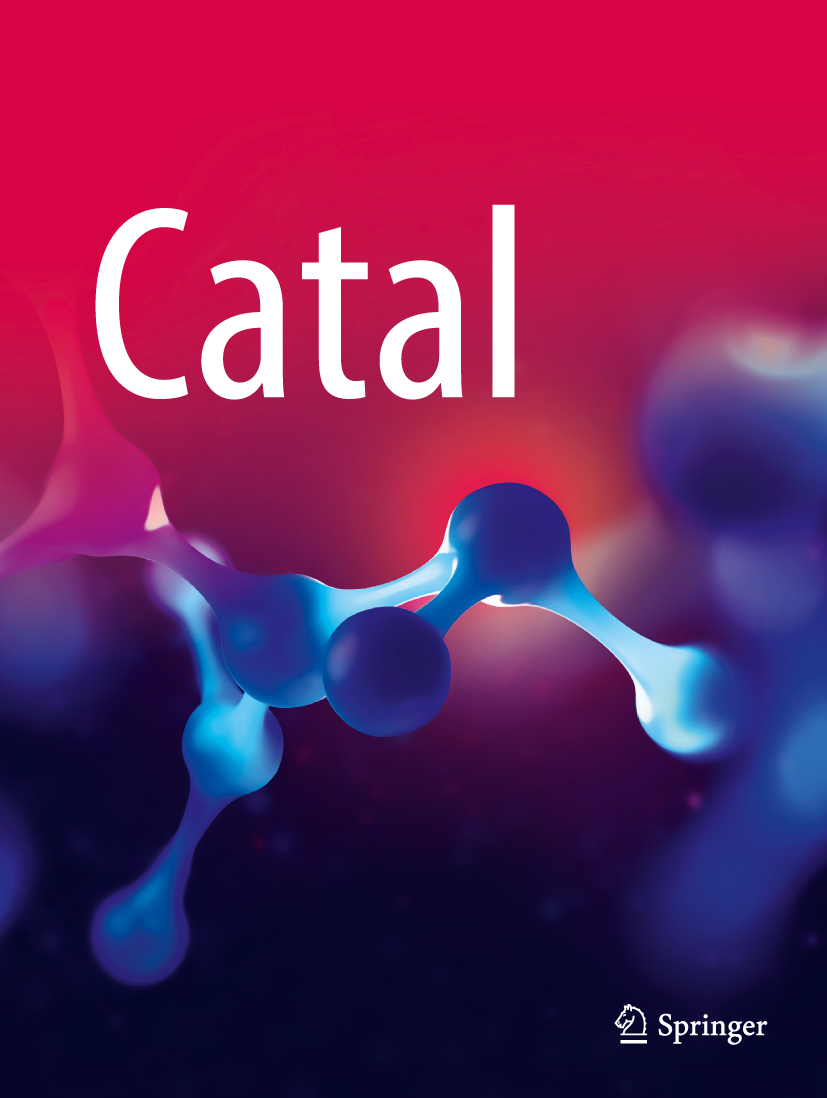
Catal stems from Springer: Gold of Nature’s Green - Catal
Catal -
As Editor-in-Chief of Catal, I am honored to introduce this new open-access journal launched by Springer, dedicated to the ever-evolving field of catalysis. Inspired by Robert Frost’s poetic line, “Nature’s first green is gold,” Catal emerges as a precious and foundational platform—rooted in tradition, yet forward-looking in vision.
Catalysis has long been a cornerstone of scientific advancement, from early enzymatic processes in fermentation to transformative breakthroughs like the Haber-Bosch process. With at least nine Nobel Prizes awarded in this field, catalysis continues to shape modern science and industry, addressing global challenges in energy, environment, and health.
Catal is designed to meet the needs of today’s interdisciplinary catalysis community. Our mission is threefold:
- To amplify impact through open access, ensuring research is widely visible and accessible;
- To prioritize real-world applications, not just mechanistic studies;
- To support early-career researchers, fostering an inclusive and collaborative environment.
Our editorial board includes leading experts across catalysis disciplines, including heterogeneous, photocatalysis, biocatalysis, and electrocatalysis—my own area of research. We are committed to timely, balanced peer review and to publishing high-quality work that spans fundamental discoveries to practical innovations.
In this inaugural issue, we present a diverse collection of research articles, perspectives, and highlights across theoretical catalysis, biocatalysis, electrocatalysis, and organocatalysis. I extend my heartfelt thanks to all authors, reviewers, and the publishing team for their contributions.
I am confident that Catal will grow into a high-impact forum for catalysis researchers worldwide, advancing both science and society.
— Jinsong Hu
Beijing National Laboratory for Molecular Sciences
Institute of Chemistry, Chinese Academy of Sciences
Follow the Topic
-
Catal

Catal is an open access journal covering full spectrum of catalysis critical advances. From biocatalysts to heterogeneous catalysts, it integrates fundamental and applied sciences. Catal offers a primary platform for researchers and practitioners in the field.
Related Collections
With Collections, you can get published faster and increase your visibility.
Bio-Catalysis in Circular Bioeconomy and Green Chemistry
This collection emphasizes the role of bio-catalysis in advancing the circular bioeconomy, focusing on enzymatic transformations and eco-friendly processes that valorize renewable feedstocks. Contributions should highlight innovative applications of bio-catalysis in waste-to-value systems, biorefineries, and green chemical synthesis.
Catal invites research articles, reviews and reports on the topic of the development of enzymes, metabolic engineering, and integration of bio-catalysis into industrial processes, aiming to reduce dependency on fossil-based resources and promote sustainable practices.
Publishing Model: Open Access
Deadline: Mar 31, 2026
Nanocatalysis and Thermocatalysis in Precision Chemical Synthesis
This collection, hosted by Catal, highlights the intersection of nanocatalysis and thermocatalysis in precision chemical synthesis. It aims to disseminate cutting-edge research that drives innovation in catalytic materials, selective processes, and reaction pathways, fostering advancements in the production of fine chemicals and specialty compounds. Aligned with Catal's mission to prioritize impactful catalytic applications, this collection welcomes contributions from established and early-career researchers that advance both theoretical and applied catalysis.
The collection embraces the breadth of Catal’s coverage, including topics such as nanostructured catalysts, thermocatalytic processes, and advanced synthesis strategies. Contributions may explore catalytic mechanisms, computational modeling, or experimental breakthroughs, offering insights into scalable industrial applications and fundamental research. Articles types—original research, reviews, perspectives, and analyses—are all encouraged, ensuring a diverse platform for sharing high-impact advancements in catalysis.
Publishing Model: Open Access
Deadline: Mar 31, 2026
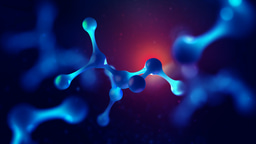
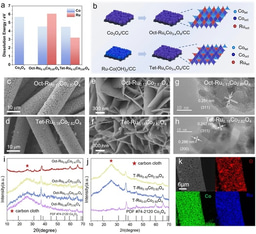

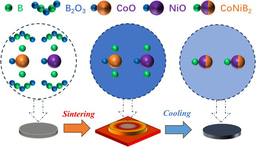
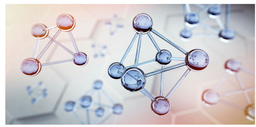
Please sign in or register for FREE
If you are a registered user on Research Communities by Springer Nature, please sign in
Congrats! May Catal flourish and ignite transformative insights across the interdisciplinary catalysis community.